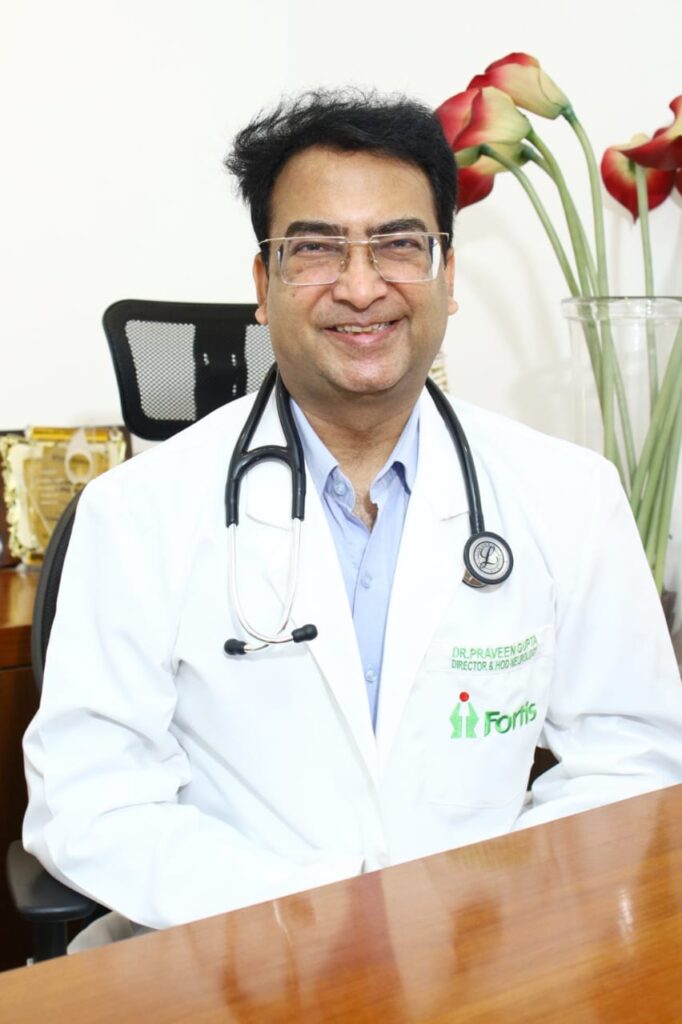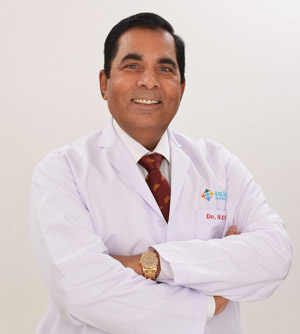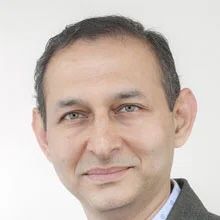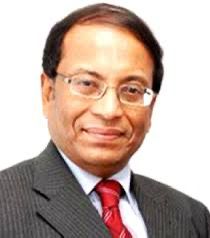India’s Union Finance Minister Nirmala Sitharaman announced on Saturday a complete customs duty exemption for 36 life-saving drugs used in the treatment of cancer, rare diseases, and chronic illnesses. Six other medicines will be subject to a reduced customs duty of 5% to improve access to costly advanced treatments for a wider patient base. She also revealed plans to set up day-care cancer centres in all district hospitals over the next three years, with 200 such facilities scheduled to be established in the 2025-26 fiscal year.
Hailing this move and calling it a “very welcoming step” particularly for rare diseases, Dr. Praveen Gupta, Principal Director & Chief of Neurology at Fortis Hospital, noted, “This will make advanced treatments more accessible for patients and institutions, reducing financial burdens. We also appreciate the expansion of medical education with an additional 10,000 seats this year and a goal of 75,000 seats in five years, addressing the growing need for trained professionals in neurology and other critical specialties. Strengthening Ayushman Bharat and expanding telemedicine initiatives will further ensure that specialized care reaches rural and remote regions.”

Experts further highlight that the Union Budget 2025-26 paid “serious attention” to infrastructure development, capacity building, digital health, tech-enabled services, and medical tourism.
“The exemption of customs duties on 36 lifesaving drugs is a landmark decision that will reduce treatment costs for critical illnesses such as cancer and rare diseases. Additionally, the government’s plan to set up 200 daycare cancer centers in district hospitals will ensure that specialized oncology care reaches smaller towns and rural areas, reducing the burden on major hospitals. The boost to medical tourism through easier visa norms will attract international patients, reinforcing India’s reputation as a global healthcare hub,” noted Dr. N. K. Pandey, Chairman & Managing Director, Asian Hospital.

Also, this announcement by India’s Union Finance Minister Nirmala Sitharaman will bridge the gap in skilled manpower across specialties, including oncology and critical care. The Economic Survey has projected that India will achieve WHO’s doctor-to-population ratio of 1:1000 by 2030.
“This budget reaffirms that we are on the right path in terms of capacity building, with the government prioritizing medical education. With 780 medical colleges now operational, India is making significant strides in strengthening its healthcare workforce,” shared Dr. Rajendra Patankar, Chief Executive Officer of Jupiter Hospital.

“Clinically speaking, we find that the exemption of customs duties on 36 lifesaving drugs will make specialized treatments more accessible, reducing the financial burden on patients,” he added.

Anjan Bose, Founding Secretary General, NATHEALTH, stated, “Very encouraging to see the focus on the essential areas of Medical Education, Medical Tourism/Heal in India and excellence in Artificial Intelligence. Last but not least, the support to the Start-up domain and PPP initiatives can help in creating more innovative and enabling Healthcare solutions resulting in optimization in access, affordability, and availability.”






